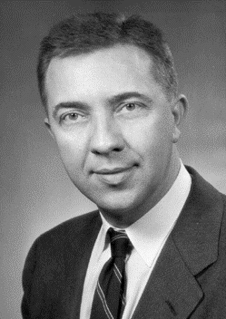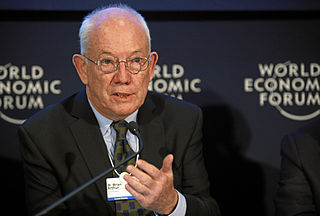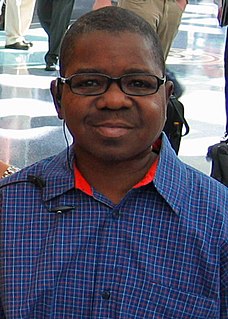A Quote by Margaret Mead
Related Quotes
Yet as I cast my eye over the whole course of science I behold instances of false science, even more pretentious and popular than that of Einstein gradually fading into ineptitude under the searchlight; and I have no doubt that there will arise a new generation who will look with a wonder and amazement, deeper than now accompany Einstein, at our galaxy of thinkers, men of science, popular critics, authoritative professors and witty dramatists, who have been satisfied to waive their common sense in view of Einstein's absurdities.
Complexity is looking at interacting elements and asking how they form patterns and how the patterns unfold. It's important to point out that the patterns may never be finished. They're open-ended. In standard science this hit some things that most scientists have a negative reaction to. Science doesn't like perpetual novelty.
'Frankenstein' did not invent the fear of science; the novel found its audience because it dramatized anxieties that already existed. Although popular entertainment can, over the long run, shape public perceptions, it becomes popular in the first place only if it addresses preexisting hopes, fears, and fascinations.




































